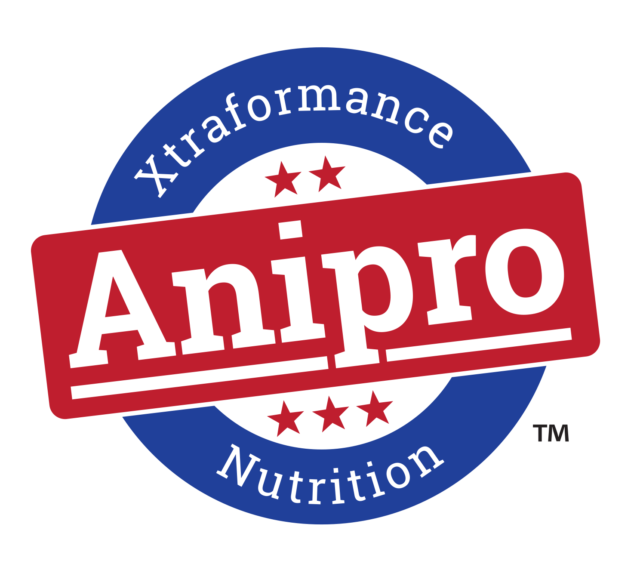Jerry Stokka of Pfizer Animal Health told attendees at the Range Beef Cow Symposium on Dec. 1, that vaccines could be considered the same as crop insurance for crop producers – a way to reduce the risks they face in the beef industry with herd health.
Vaccine technology, he said, represents some of the best discoveries in animal science and keeps U.S. beef production at the highest levels of quality. Because of those benefits, the use of that technology should be defended against critics.
“What’s happened is technology has become an obscenity, something unnatural,” Stokka said. “We have a huge challenge in front of us, trying to put enough food on the tables of the world. Ask yourself, what happens to the price of food if the U.S. goes out of the agricultural business? There’s going to be no one who can afford food.”
Calling the beef cow the “greatest animal on the Earth,” Stokka said he never grows tired of watching the moment after a calf is born and it finds a way to the cow’s udder.
“This is what I would call a miraculous event,” Stokka said. “Think of what we’re asking this cow to do, to calve in inclement weather. We ask her to calve quickly, to get up quickly in poor weather, and dry off this calf in (winter) conditions, and some how, some way, this calf knows how to go back and find its food source.”
Producers should recognize the various factors that can dictate how immunity will affect that calf after it’s born.
Genetics can play a role in the health equation from the start. “When I visit a cow-calf operation that is having problems, the first thing I want to see is the genetic base and see if that promotes good health,” Stokka said.
He said udder and teat condition, nutrition, growth all may be concerns related to the genetic base.
Nutrition, and passing immunity along to the calf through colostrogenesis and passive transfer, also factor into health before vaccinations are utilized.
When using vaccines, Stokka said producers should identify the risk factors that led to sickness. Knowing the environment the calf was born in, the cow’s nutrition during pregnancy, and variables related to weather, weaning, shipping and commingling.
“All these lead to health of a calf that isn’t doing well,” he said. “Vaccination is important but it cannot overcome all these factors.”
Stokka said producers should remember a three-pronged philosophy with all vaccines they use: Is it necessary, effective and safe.
“Just because I’ve injected an animal doesn’t mean I’ve immunized the animal,” Stokka said. “Is it effective and is the animal capable of responding?”
Immune response through a vaccine also should be put through a three-phase approach: cognition, activation and effect.
Building the immune response is complicated and takes time, Stokka said. Response can take three days, 10 days, or possibly two to four weeks. To increase some response multiple doses may be useful, and uses of modified live vaccines are more effective.
Stokka said the producer bears a large responsibility to determine the necessity first and foremost.
“We have to be careful to use them wisely and judiciously,” he said. “If we have to grab for an antibiotic, something’s failed already. But am I glad we’ve got them? You’re darned right I am.” ![]()
STAFF PHOTO:
Jerry Stokka of Pfizer Animal Health said risk factors such as weather, facilities, genetic inputs, nutrition and management need to be addressed before using vaccines, otherwise its use won't overcome those factors.










